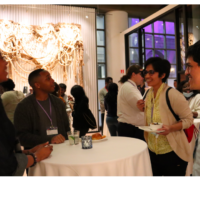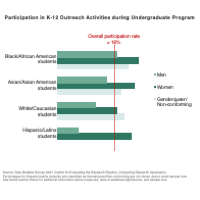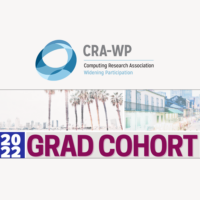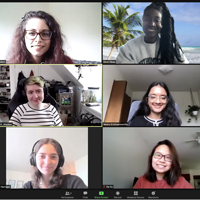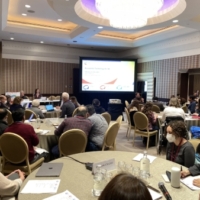
CRA Accessible Technology for All Workshop Summary
On February 22-23, 2023 in Washington, DC, the Computing Research Association (CRA) held the Accessible Technology for All Workshop.
The workshop was attended by over 40 participants from academia, industry, and government and 20 remote participants. The purpose of this workshop was to frame the state of the art of accessible technology, identify forces shaping the evolution of accessible technology, and develop an understanding of implications for the next wave of computer science research in accessibility. By the end of the workshop, important areas of future research were identified and the need for tech-informed policy were highlighted by the participants. A workshop report will be forthcoming.



